Europe 1745-1901
In this period European nations transform themselves once more. Nationalism and republicanism take a foot hold as do influential political ideologies and discourses that will go on to have a huge impact on the 20th century. The Leaders of France and Germany are examined for their huge impact on the Europe of that time.
Sort by:
Date (Newest first) | Title A-Z
Show:
All |
Articles |
Podcasts |
Multipage Articles
-

Whose past is it anyway? Telling Russian and Soviet history through diverse Jewish voices
ArticleClick to view -

Integrating heritage education and public history at school
ArticleClick to view -
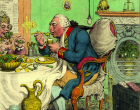
Why history teachers should not be afraid to venture into the long eighteenth century
ArticleClick to view -

Imagining cities: exploring historical sites as contested spaces
ArticleClick to view -

Cunning Plan 190: Using art to make A-level history more accessible
ArticleClick to view -

Film series: Power and authority in Germany, 1871-1991
ArticleClick to view -

Film Series: Power and authority in Germany 1871-1991
ArticleClick to view -

Decolonise, don’t diversify: enabling a paradigm shift in the KS3 history curriculum
ArticleClick to view -
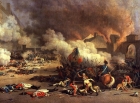
Age of Revolutions Resources
InformationClick to view -

The Effect of Prior Knowledge on Teaching International History
ArticleClick to view -
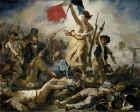
Podcast Series: The Age of Revolutions
Multipage ArticleClick to view -
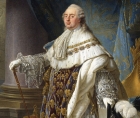
The Flight to Varennes
ArticleClick to view -
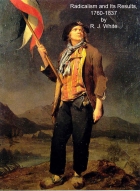
Radicalism and its Results, 1760-1837
ArticleClick to view -
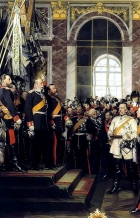
Bismarck after Fifty Years
ArticleClick to view -

Podcast: Re-imagining Democracy
ArticleClick to view -

The Battle of Waterloo: Sunday 18 June 1815
ArticleClick to view -

Podcast Series: The French Revolution to the Fall of Napoleon
Multipage ArticleClick to view -

Polychronicon 158: Reinterpreting Napoleon
ArticleClick to view -
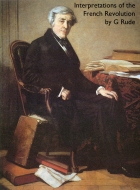
Interpretations of the French Revolution
ArticleClick to view -

Podcast Series: Thomas Paine
Multipage ArticleClick to view

